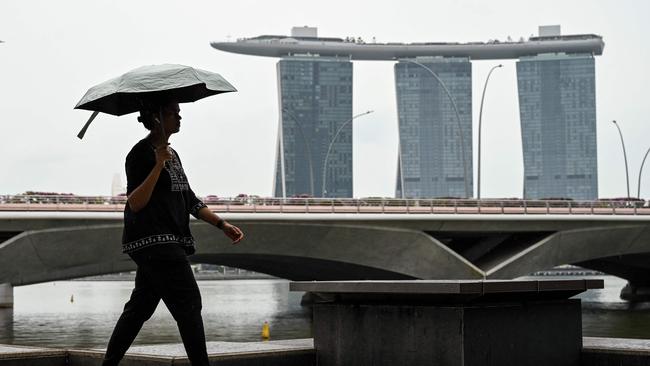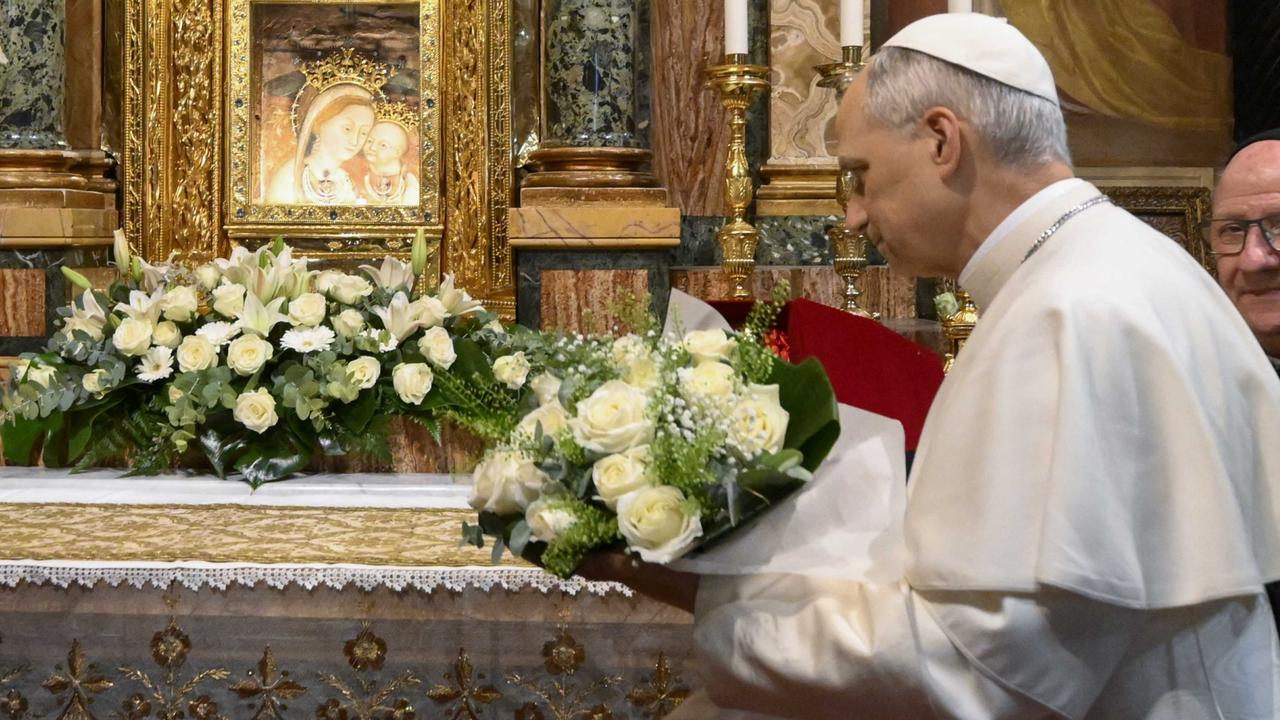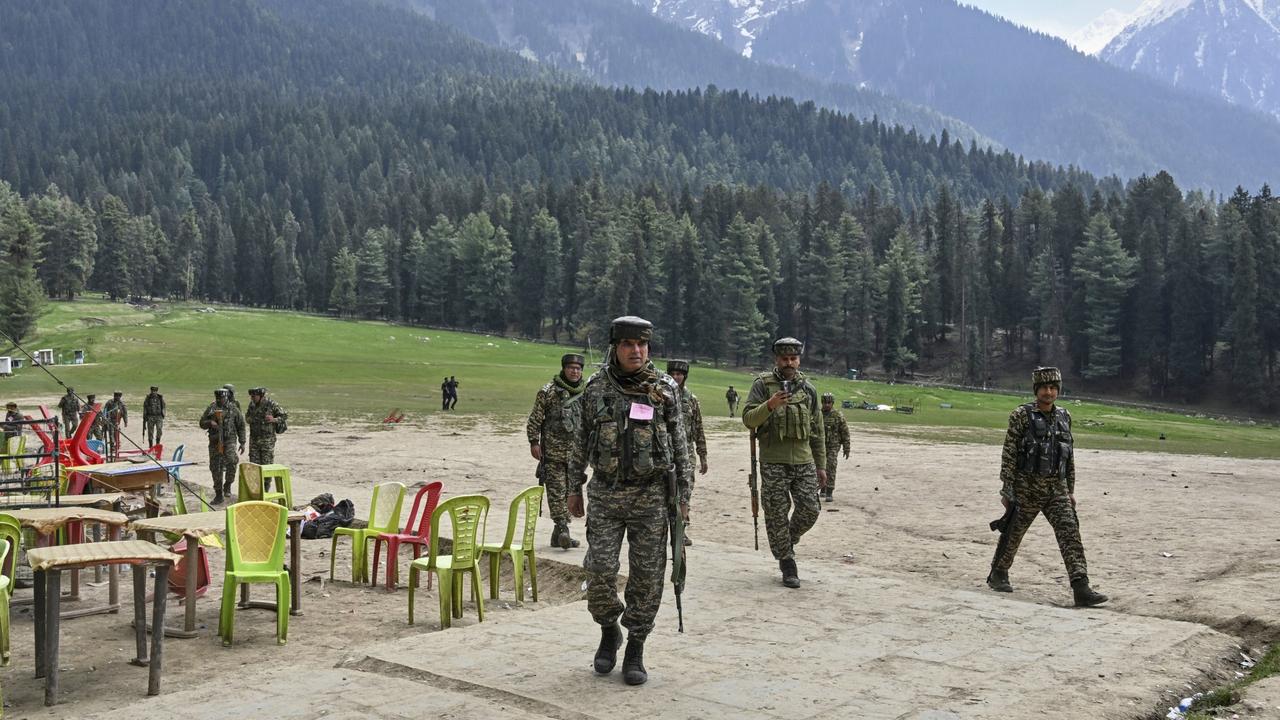Singapore crackdown sparks Streisand Effect
With elections looming, the Singapore government’s attempts to control the narrative and crack down on dissent is having a perverse effect.

You know it is an election year in Singapore when the ruling People’s Action Party starts handing out Protection from Online Falsehoods and Manipulation (POFMA) orders like lollies.
The latest, high-profile targets of the government’s discontent have been The New York Times, Bloomberg and Australia’s East Asia Forum, an academic research network run out of the Australian National University.
The forum was blocked in Singapore this month for refusing to comply with a POFMA order to prominently display government allegations of falsehoods on an online article by Flinders University academic Michael Barr exploring the challenges facing new Prime Minister Lawrence Wong in reining in an alleged “culture of self-interest” among the ruling elite.
The New York Times was publicly berated in a letter to the editor from Singapore’s US ambassador last weekend for a video discussing “How Tyranny Begins”.
Alongside activists from Russia, Hungary and Nicaragua, the video features allegations of Singapore repression by Li Shengwu, the nephew of former Singapore PM Lee Hsieng Loong, which the government denies.
Li’s father, Lee Hsien Yang, the youngest son of modern Singapore’s founder Lee Kuan Yew, was granted asylum in the UK last year following claims of persecution related to a dispute over the brothers’ ancestral home.
Bloomberg was issued its own POFMA order last month for an article on Singapore real estate sales that mentions property transactions linked to two senior ministers who have threatened legal action.
All three publications were accused of airing falsehoods, which they have denied.
Bloomberg, which has a legal entity in Singapore, has complied with the order though defended its reporting.
But the forum refused to do so, insisting “the way to resolve disagreements of interpretation is to raise them and have them freely aired for all to judge, not under the threat of coercive and dubious deployment of state power”.
If the aim was to protect the good reputation of Singapore, then the government has scored an own-goal, given the “Streisand effect” such actions tend to trigger. (So named for the increased public interest triggered by Barbra Streisand’s efforts to suppress a photograph of her cliff-top Malibu home).
Civil society activists, journalists and academics in Singapore say there has been a rise in punitive action against dissent, from POFMA orders to police investigations.
“They’re coming after everybody,” says Kirsten Han, journalist and anti-death penalty campaigner with the Transformative Justice Collective, a group that has had seven POFMA orders since August and has recently shut its website and social media pages.
Han faces a police investigation next week for allegedly harassing a public servant, following an earlier round of police questioning, and knows of at least half a dozen people facing similar or more drastic action.
“It feels like that has become more and more the response. Things that we did 10 years ago that would not have triggered an investigation now do,” she told The Australian.
An editorial in online journal Academia SG last weekend warned the state’s response to dissent was sparking an “unprecedented level” of self-censorship, citing the National University of Singapore’s Faculty of Arts and Social Sciences’ new rule requiring those wishing to invite outside speakers to fill in a risk-assessment form.
Singapore academic Ja-Ian Chong says no one knows what is behind the rise though “most people think it’s because of coming elections which the PAP is somewhat nervous about”.
Certainly the stakes are higher this year for the PAP, which has held power for six decades but must go to the polls by November with its first new leader in 20 years, Lawrence Wong.
As Lee Hsien Loong’s anointed successor, Wong is under pressure to better the PAP’s 61.24 per cent vote share from the 2020 election – its worst electoral performance since independence.




To join the conversation, please log in. Don't have an account? Register
Join the conversation, you are commenting as Logout